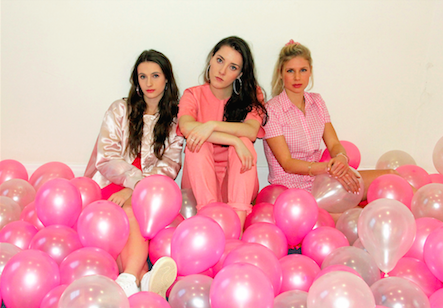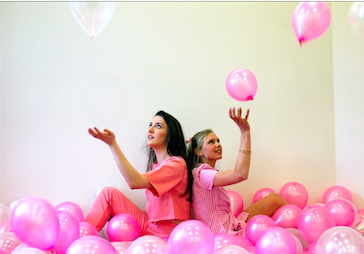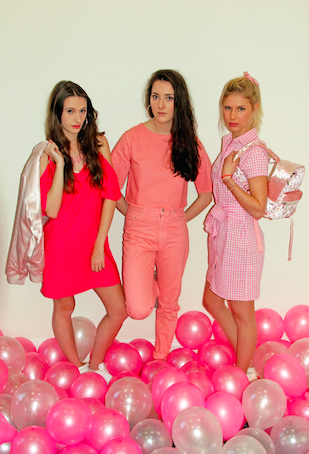Oxford rowers claim they have been the victims of homophobic abuse and numerous attempts to force them from the river as tensions between rowers and houseboat residents escalate, Cherwell can report.
Rowers from a number of different colleges allege that they have been targeted by houseboat owners who placed tacks on the towpath and thew eggs and tomatoes at them.
Rowers have further alleged that residents have driven close enough to disturb the water in an attempt to capsize them, have intentionally driven into boats, and have hospitalised an Oxford town rower.
These incidents have been brought up at the college rowing captain’s meeting, the minutes of which report that Oxford University Sabbatical Officer for Rowing Tom Coles “had been in contact with the police and the Environment Agency about the houseboats on the bottom stretch”.
Describing one incident that occurred last term, University College team captain Ben Norbury told Cherwell: “Just as we passed the houseboats, our cox heard some splashes around our boat and then a bang as an egg hit our stern. Not really realising what was going on we kept rowing.
“On the next lap, rowing up to the top again, in the same place, we saw two guys with a dog on the river bank. This time, apparently having depleted their stock of eggs, they just threw homophobic insults at us.
“They began to follow us as we rowed to the spinning area, but gave up as we sped away. After spinning and rowing past them again we got similar shouting etc.”
Norbury also claims that during one race last week a houseboat continued to sail down the middle of the river as a boat from St Catz college approached. The houseboat collided with the rowers as they turned, ripping off half the boat’s riggers.
On rowchat.org, a forum for rowing discussion, one commentator said: “Barge driver clearly not a fan of rowing, ignored a load of marshals and then carried on afterwards without bothering to stop and see if anyone was hurt.”
In a separate incident, a Wolfson college boat was intentionally rammed by a houseboat.
Norbury believes that the boat that hit the St Catherine’s boat was only in Oxford temporarily, but that the boat that hit the Wolfson crew is permanently based here.
Rowers believe that the houseboat owners hostility comes as a result of being disturbed by rowing crews, but could not understand why it had so suddenly developed this academic year.
Mack Grenfell, a rower for University College, told Cherwell: “They claim that the antipathy is generated by us scraping/touching their boats with our blades.
“I have been rowing for 3 and a half years, and I have got no idea why incidents are occurring now more than ever.
“However, this happens relatively often unfortunately, but I think much less since all these major incidents. It’s odd though as to me this would be a minor issue.
“My guess is that a lot of them hold resentment to the student population, or are just aggressive people.
“Pretty much every day you’ll see loads of them drinking on the towpath, sometimes shouting at crews. Sometimes you’ll get a boat reeking of weed.”
This was confirmed by Alastair, a houseboat owner resident on the Thames for over ten years, who said that rowers did knock into boats regularly and wake him up due to their use of megaphones to communicate, but that he accepted it as “part of life on the river”.
He claimed that while most houseboat residents were content to share the river there were a small minority of “arseholes” who didn’t share that attitude, and that recently several “raging alcoholics” had moved their houseboat into the Oxford stretch of the Thames.
Alastair alleged that they stole coal from other boats, threw beer cans around, and were regular drug users.
Grenfell claimed the police “have a fat file on all the incidents”, but that they are unable to act as the water is not within their jurisdiction. He further stated that the incidents that took place of the towpath were considered by the police to be a “nuisance” and not worthy of investigation.
Thames Valley Police have been contacted for comment.








